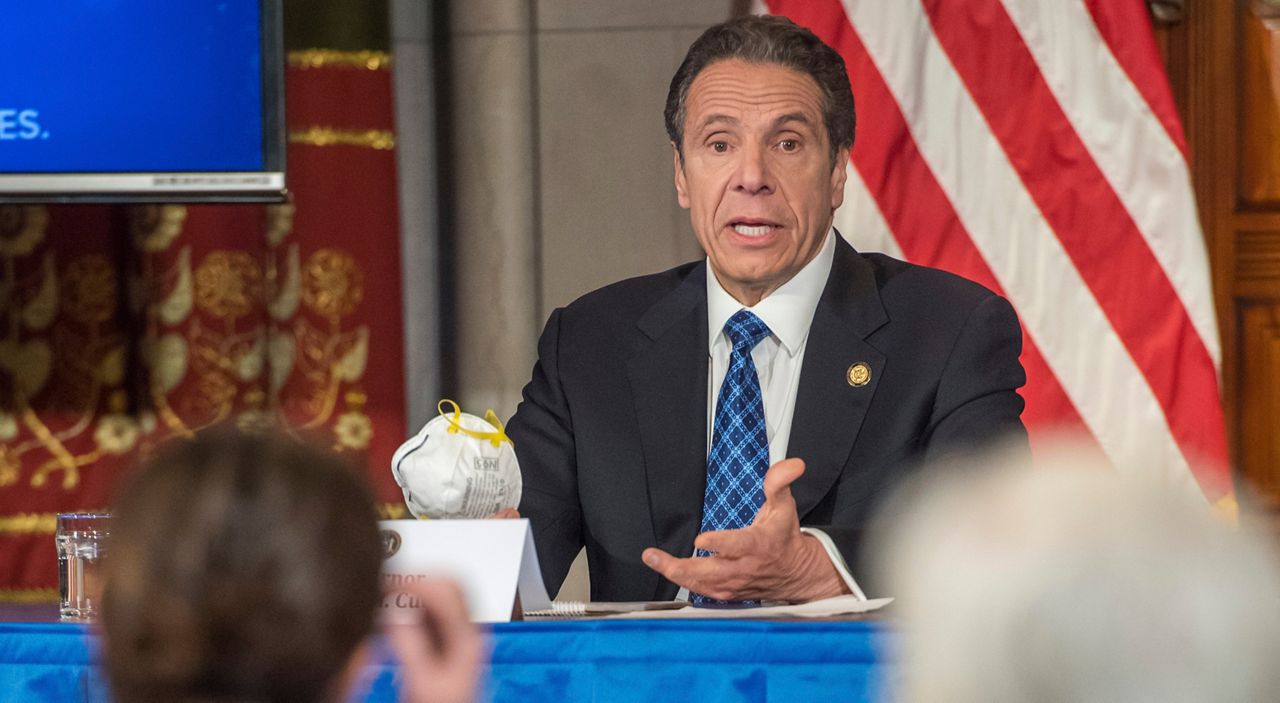The requests would come in via email and through direct messages on social media. Could you ask the governor about libraries? Why am I not getting my unemployment check? When will he address in-classroom learning?
I'm a state politics reporter. That has traditionally meant covering some of the more esoteric topics like campaign finance, things with names like the Public Authorities Control Board and elections for the next Assembly speaker or Senate majority leader.
We cover campaigns, campaign strategy and the balance of power in the Legislature. We don't cover the president and the passions of those who love or hate him. We talk with state lawmakers and their aides and advocates and lobbyists. It's not glamorous!
All of that, of course, matters in any context, though it's a true challenge to get people to care about yet another state budget story. A guiding question before commiting to a story: Why does this matter?
Covering the coronavirus pandemic has been markedly different.
As Gov. Andrew Cuomo's briefings became an everyday occurence starting in March, I began to have an unusally high level of engagement with readers of this blog and Spectrum News viewers. The push to get me to ask questions on any given topic has helped focus my reporting on what matters right now in peoples' lives.
People, many of them stuck at home as businesses began to shut down, needed to get basic questions asked and didn't really know who to talk to. When a good, focused question was asked, reporters in the room became a conduit for everyone who had real issues that needed to be addressed.
Not that I or anyone else could ask every question. At a certain point Cuomo began to impose a semi-official rule of one or two questions per reporter if they were quick with a follow up and everyone had their own stories to feed.
Cuomo is ending these daily briefings on Friday as the infection rate has fallen to about 1 percent of those tested. They could come back in some form if the numbers start to rise again.
My attendance at these briefings fell off as my colleague Morgan McKay and I stagger our time in the office to social distance and the governor would sometimes be out of town for his briefings (reporters who cover the Capitol do not travel with the governor like, say, the White House press corps does with the president. Often we don't know officially where he will be until it's too late to hop in a car and drive there).
Ultimately attending the briefings, for me, was not as beneficial as talking to people whose loved ones were in nursing homes, local officials grappling with testing, school officials struggling with distance learning, people who had lost their jobs and weren't getting their unemployment benefits.
Politicians and elected officials can make news, but the crisis over these last 100 days has reminded me there are people on the other end of all these policies that are affected in very real ways. The problems of everyday people in this pandemic was the news. On my best days, I wanted to hold up a mirror to what was happening, and hopefully I did and will continue to do so.
The coronavirus pandemic has affected virtually every aspect of life and with the economic fallout continuing will likely continue for months if not years.
Thanks for reading and watching and sending your questions. Please continue to do so.


